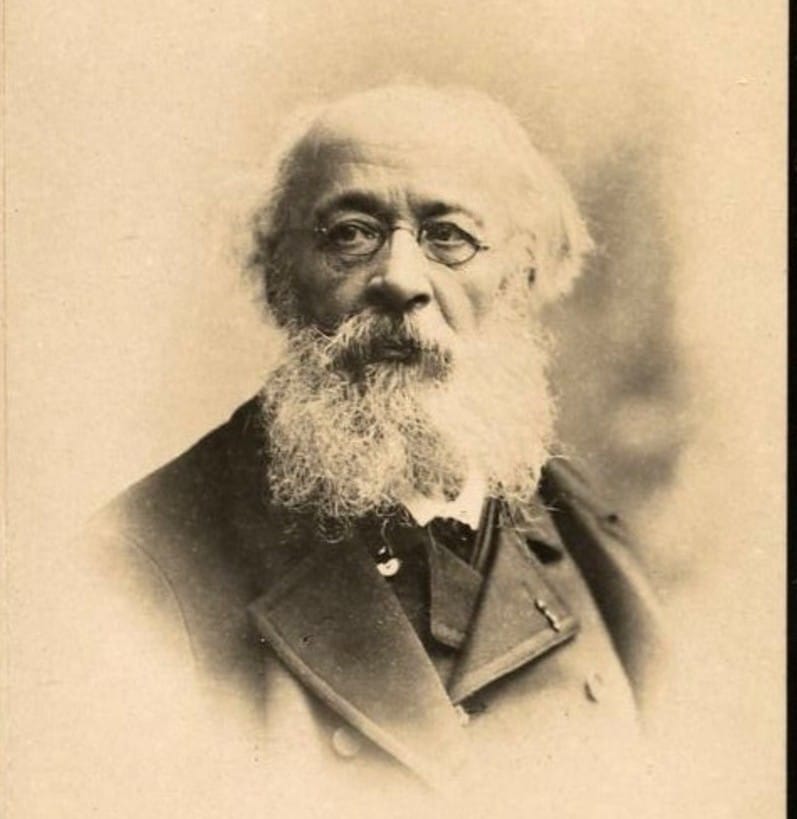A Domestic Incident – Eugène Feyen, c. late 19th century – Genre Painting
In this intimate genre scene by Eugène Feyen, a moment of everyday life is suspended in time—simple, tender, and charged with quiet emotion. Painted in the late 19th century, A Domestic Incident belongs to a long tradition of French genre painting, where the drama of real life unfolds not in palaces or battlefields, but in kitchens, parlors, and quiet corners of home.
Feyen was known for his compassionate portrayals of ordinary people, often women and children, set against humble interiors. Here, we find ourselves inside such a space—not grand, but full of feeling.
The Scene Before Us
A young maid leans against the wall, her eyes cast downward. Her body folds slightly into the corner as if she might disappear. In one hand, she holds a feather duster; the other curls to her chest in a subtle gesture of remorse. At her feet lies the cause of it all: a broken vase, shattered across the polished wooden floor, flowers wilting beside the shards.
From the doorway, an older woman peers in. She is stern but not cruel—her expression a mix of suspicion and concern. A fluffy white dog adds another layer of drama, glancing up as if it too understands the tension in the room.
The mirror on the wall reflects a second world behind the characters—flower arrangements, a statuette, and the dim flicker of light. All is quiet, but the silence is full.
The Deeper Meaning
This is not merely a scene of scolding or guilt. Feyen invites us to look more closely at the emotions beneath the surface: shame, forgiveness, perhaps even solidarity between women of different ages and roles. The girl is clearly frightened—not of punishment, but of having disappointed someone. The older woman, while stern, holds her body with restraint. She hasn’t yet spoken. We sense she might not.
Domestic work is often invisible in art, but here Feyen places it center stage. The labor, the fragility of the objects handled, the dignity of the worker—all are honored in this brief, still moment. There is no mockery, no idealization. Only empathy.
A Moment Caught in Time
Like many great genre scenes, A Domestic Incident tells a story without words. We do not know the characters’ names, but we know their feelings. We recognize them. The broken vase is a small thing—but in the world of quiet service, it could feel enormous. And yet, there’s something hopeful in the way the young maid still stands, waiting. And in the way the woman at the door hesitates, withholding judgment.
This painting reminds us how much can be said through a glance, a gesture, a silence. It invites us to slow down and notice the unspoken dramas unfolding every day—in kitchens, in hallways, and in the hearts of those who rarely take center stage.
About Artist

Jacques-Eugène Feyen (1815–1908) was a French genre painter and photographer known for his intimate depictions of everyday life. He studied at the École des Beaux-Arts in Paris under Paul Delaroche and exhibited regularly at the Paris Salon between 1841 and 1882. Feyen was awarded medals in 1866 and 1880 and was decorated with the Legion of Honor in 1881.
Artist Style and Movement
Feyen specialized in genre painting, focusing on scenes of domestic life and coastal village activities, especially those tied to the region of Cancale where he spent summers. His style is appreciated for its realistic and unembellished portrayal of ordinary moments, steering clear of idealization or romanticized depictions. Vincent van Gogh admired Feyen for his truthful representation of contemporary life, calling him “one of the few painters who pictures intimate modern life as it really is.” His works possess a delicate balance of narrative detail and emotional depth.
Artwork Profile / Notable Works
- A Domestic Incident: A classic genre painting capturing a subtle yet emotionally charged family scene set in a domestic interior, showcasing Feyen’s ability to convey narrative through gestures and facial expressions.
- Women and Fishermen Waiting for the Boat (circa 1860): Depicts the anticipation and community life around fishing in Cancale, illustrating Feyen’s frequent depiction of coastal life.
- Le Baiser Enfantin (The Childish Kiss) (1865): A tender, intimate scene housed at the Palais des Beaux-Arts de Lille, exemplifying his genre painting at its compassionate best.
- Views and Scenes of Cancale: Various paintings of the oyster-picking women (Cancalaises) and the bay of Mont Saint-Michel, which feature evocative regional landscapes and social interactions.
Eugène Feyen remains celebrated for his sincere portrayals of 19th-century French rural and coastal life, blending documentary observation with painterly sensitivity. His candid and affectionate depictions grant modern viewers insight into the rhythms of everyday existence in his era, securing a lasting place for him among notable French genre painters. His works continue to be exhibited and revered in museums and collections across Europe.



